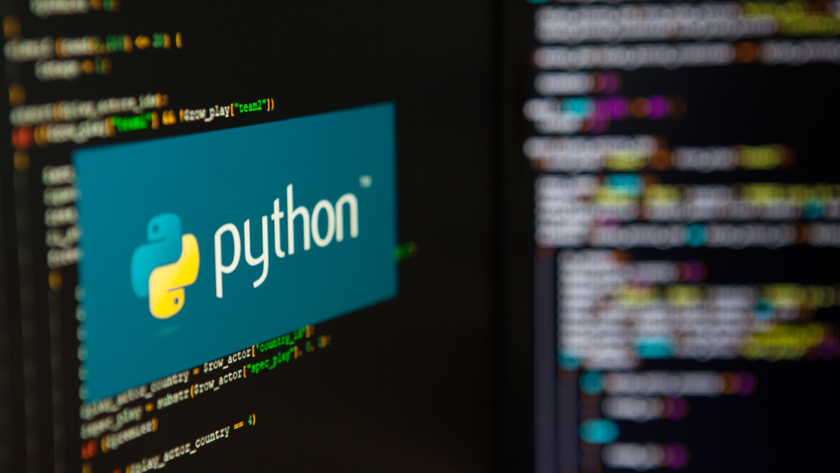This 40-year-old Microsoft Excel rival is making a surprising comeback
Linux, say hi to Lotus 1-2-3

Lotus-1-2-3, an ancient spreadsheet program from Lotus Software (and later IBM), has been ported to a new operating system.
As reported by The Register, a Lotus 1-2-3 enthusiast called Tavis Ormandy (who is also a bug-hunter for Google Project Zero), managed to successfully port the program onto Linux, which seems to be quite the feat of reverse engineering.
It’s important to stress that this isn’t an emulated program, but rather the original 1990 Lotus 1-2-- for x86 Unix running natively on modern x86 Linux.
Killer application
“There are a few kinks that need to be ironed out, and I need to port over my terminal driver, but it is 100% usable,” Tavis wrote in a blog post, detailing the work. “At the moment, the DOS version running under emulation looks better - but this can be fixed!”
Ormandy also developed an entirely new display driver for the program, which can now be run on more than just the 80x25 window.
Lotus 1-2-3 was the first killer application of the IBM PC, and was a major hit in the 1980s. It offered three key solutions: spreadsheet calculations, database functionality and graphical charts. Together with dBase and WordPerfect, it was considered an essential app.
However, when Microsoft came out with its GUI-based products in the early 1990s, such as Excel, it left Lotus-1-2-3 out in the cold. Lotus was slow to respond to the disruptive new products, and despite being purchased by IBM in 1995, never really recovered.
Are you a pro? Subscribe to our newsletter
Sign up to the TechRadar Pro newsletter to get all the top news, opinion, features and guidance your business needs to succeed!
IBM continued to sell Lotus offerings, only throwing in the towel in 2013. In June that year, IBM announced the withdrawal of the Lotus brand, including Lotus 1-2-3 Millennium Edition V9.x, IBM Lotus SmartSuite 9.x V9.8.0, and Organizer V6.1.0.
"Customers will no longer be able to receive support for these offerings after 30 September 2014,” the company said at the time. “No service extensions will be offered. There will be no replacement programs."
Via The Register
Sead is a seasoned freelance journalist based in Sarajevo, Bosnia and Herzegovina. He writes about IT (cloud, IoT, 5G, VPN) and cybersecurity (ransomware, data breaches, laws and regulations). In his career, spanning more than a decade, he’s written for numerous media outlets, including Al Jazeera Balkans. He’s also held several modules on content writing for Represent Communications.

Is Microsoft Teams all you need, or is Zoom still necessary?

8 tips for effective email outreach: finding success










